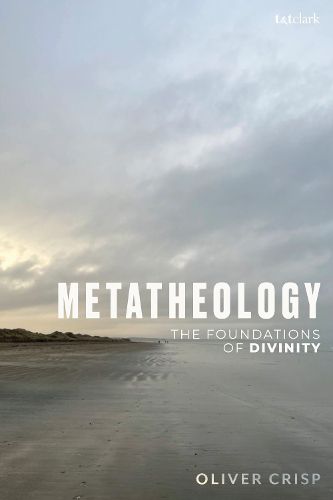Readings Newsletter
Become a Readings Member to make your shopping experience even easier.
Sign in or sign up for free!
You’re not far away from qualifying for FREE standard shipping within Australia
You’ve qualified for FREE standard shipping within Australia
The cart is loading…






This work examines some of the most pressing problems facing contemporary systematic theology.
Crisp provides an overview of the contemporary landscape in the area of theological methodology and assessment of the strengths and weaknesses of each approach surveyed. This positive contribution to the field offers a clear and concise assessment of the methodologies on offer for students and scholars alike.
It lays the groundwork for a vision of a common theological project across varied theological approaches. These include the importance of metaphysics and divine revelation, and the key doctrines of the Christian faith such as the Trinity and Incarnation. Crisp also sets out a constructive proposal for addressing the question of how we understand the relationship between the different levels of theological authority.
This leads to a powerful sketch of a programme in systematic theology that is both respectful to the Christian tradition, as well as constructive in nature.
$9.00 standard shipping within Australia
FREE standard shipping within Australia for orders over $100.00
Express & International shipping calculated at checkout
Stock availability can be subject to change without notice. We recommend calling the shop or contacting our online team to check availability of low stock items. Please see our Shopping Online page for more details.
This work examines some of the most pressing problems facing contemporary systematic theology.
Crisp provides an overview of the contemporary landscape in the area of theological methodology and assessment of the strengths and weaknesses of each approach surveyed. This positive contribution to the field offers a clear and concise assessment of the methodologies on offer for students and scholars alike.
It lays the groundwork for a vision of a common theological project across varied theological approaches. These include the importance of metaphysics and divine revelation, and the key doctrines of the Christian faith such as the Trinity and Incarnation. Crisp also sets out a constructive proposal for addressing the question of how we understand the relationship between the different levels of theological authority.
This leads to a powerful sketch of a programme in systematic theology that is both respectful to the Christian tradition, as well as constructive in nature.